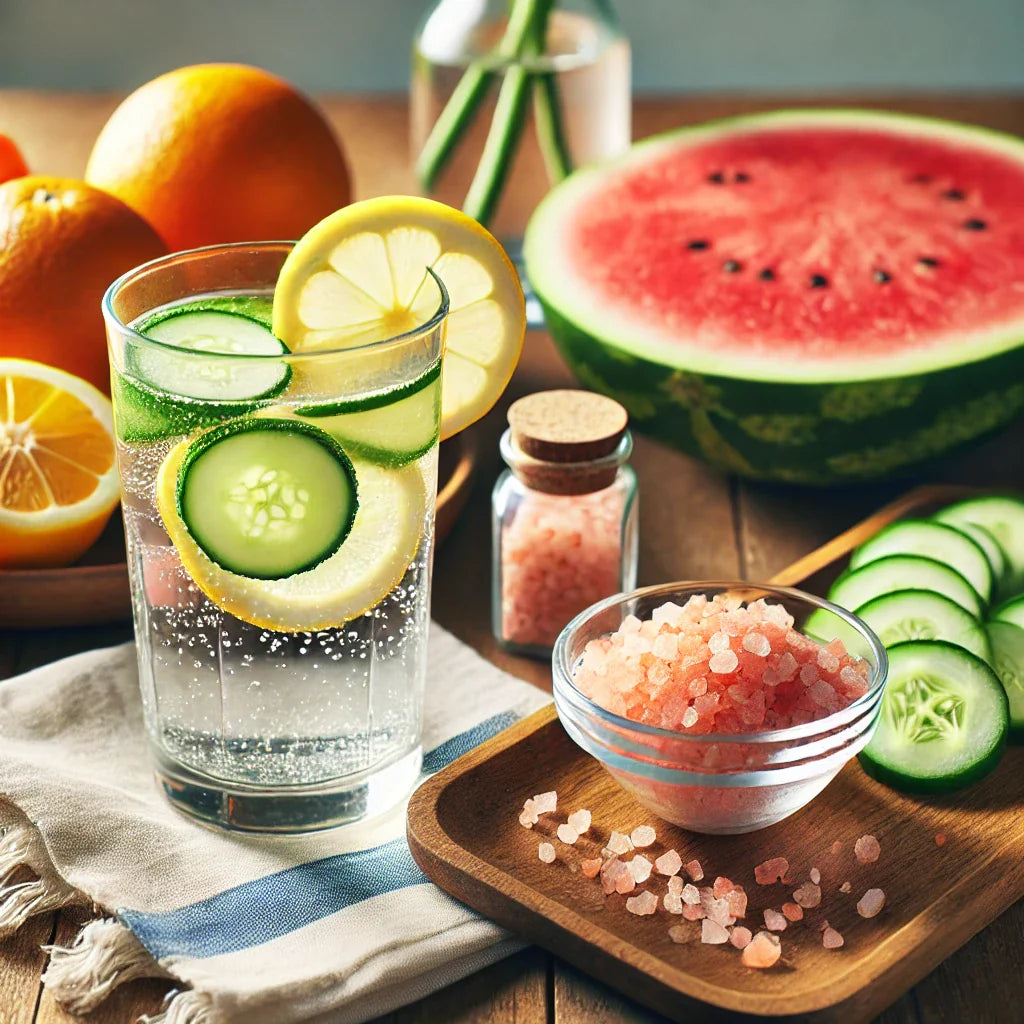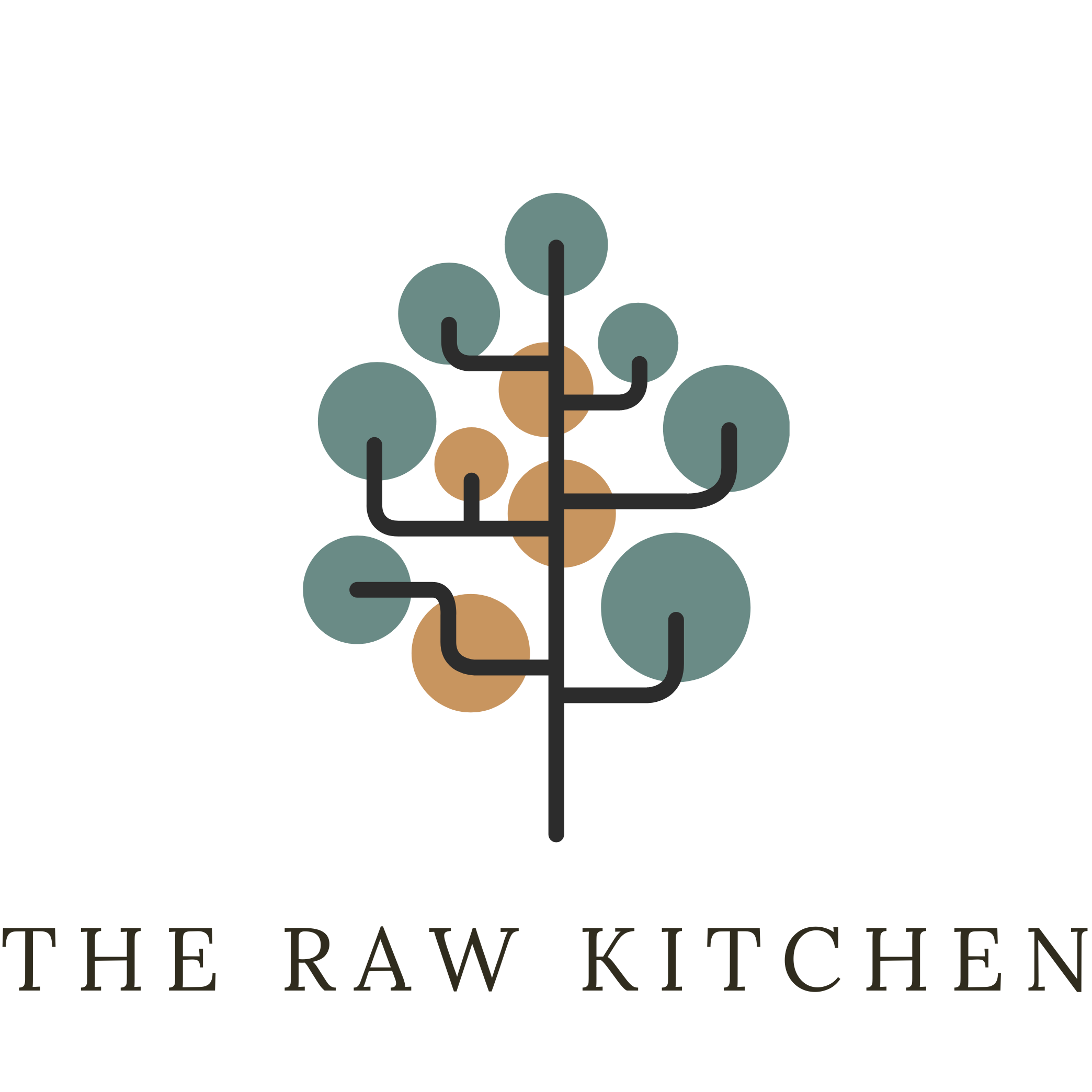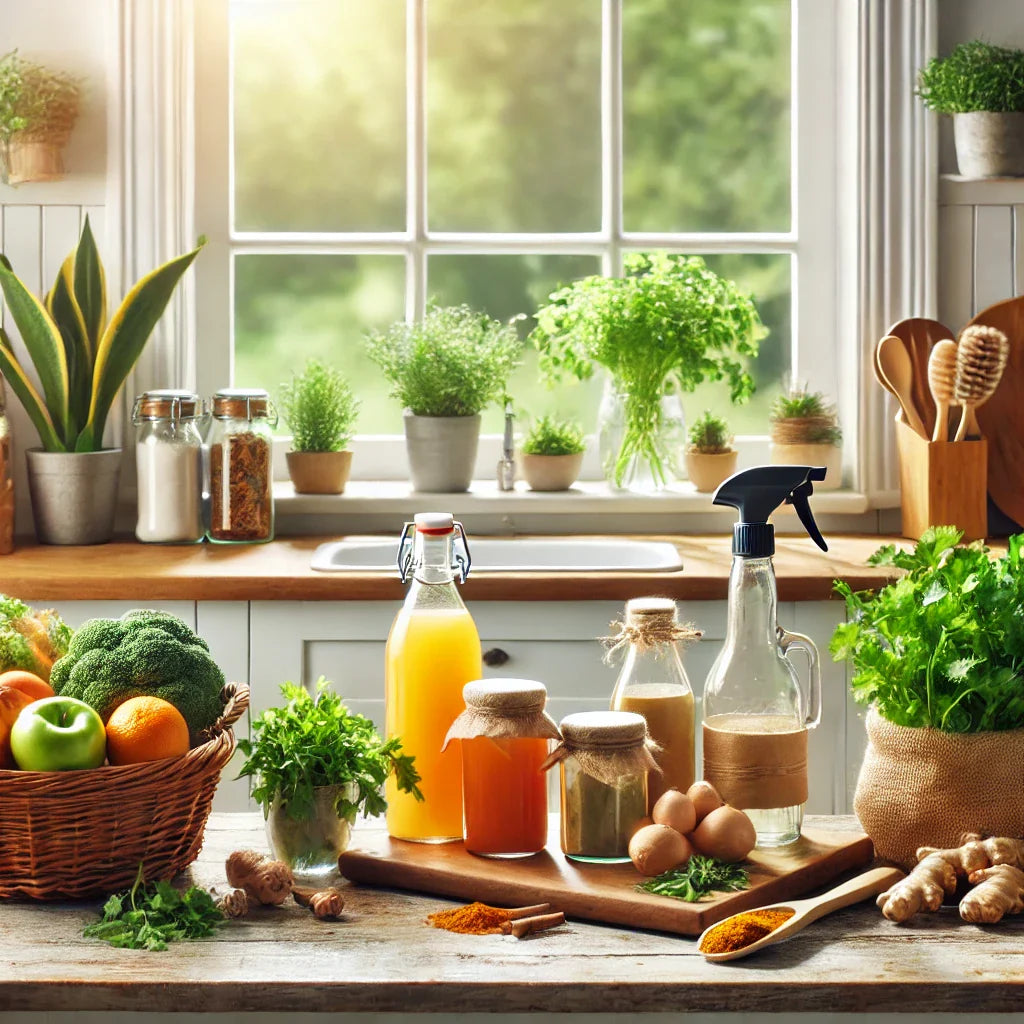
Hydration Myths: Are You Drinking Water the Right Way?
We all know that staying hydrated is essential, but there are plenty of myths and misconceptions about how much, when, and how we should drink water. Some advice is helpful, while others may actually harm your hydration levels.
Let’s debunk common hydration myths and explore how to optimise your water intake for better energy, focus, and well-being.
Myth 1: You Need to Drink 8 Glasses of Water a Day
We’ve all heard this rule, but is it really accurate?
💧 The Reality:
✔ Hydration needs vary based on age, weight, activity level, and climate.
✔ Water intake also comes from food (fruits, vegetables) and other beverages.
✔ A general guideline is 2–3 litres per day, but listening to your body is key.
✅ Tip: Check your urine colour—pale yellow indicates good hydration, while dark yellow means you need more water.
Myth 2: Caffeinated Drinks Don’t Count Towards Hydration
Many believe that coffee and tea dehydrate you, but that’s not entirely true.
☕ The Reality:
✔ Caffeine has a mild diuretic effect, but doesn’t cancel out hydration benefits.
✔ Herbal teas and black coffee still contribute to fluid intake.
✔ Sugary caffeinated drinks (soft drinks, energy drinks) are less ideal.
✅ Tip: Balance caffeine with plenty of water throughout the day.
Myth 3: The More Water, the Better
Drinking too much water can actually be harmful.
🚰 The Reality:
✔ Overhydration can dilute essential electrolytes (sodium, potassium, magnesium).
✔ Symptoms of water intoxication include headaches, nausea, and dizziness.
✔ Athletes and heavy sweaters need extra electrolytes, not just water.
✅ Tip: If you sweat a lot, add a pinch of Himalayan or Celtic sea salt to your water to replenish electrolytes.
Myth 4: You Only Need to Drink Water When You Feel Thirsty
Thirst is a useful indicator, but it’s not always reliable.
💦 The Reality:
✔ By the time you feel thirsty, you may already be slightly dehydrated.
✔ Staying proactively hydrated prevents fatigue, headaches, and brain fog.
✔ Certain factors (hot weather, exercise, pregnancy) increase water needs.
✅ Tip: Keep a water bottle nearby as a reminder to sip regularly.
Myth 5: Cold Water is Always Better for Hydration
Is ice-cold water the best choice?
🥶 The Reality:
✔ Cold water is refreshing, but it may slow digestion for some people.
✔ Traditional health practices recommend room temperature or warm water for better absorption.
✔ After exercise, cold water helps cool you down, but warm water supports digestion.
✅ Tip: Try warm water with lemon in the morning to kickstart digestion.
Hydration and Electrolytes – The Missing Link
Hydration isn’t just about water—your body needs electrolytes to absorb and retain fluids properly.
🥒 Hydrating Foods:
✔ Cucumber, watermelon, oranges, celery – High in water content.
✔ Coconut water – A great natural electrolyte source.
✔ Leafy greens – Rich in potassium and magnesium for fluid balance.
⚡ DIY Hydration Booster:
Add a pinch of Himalayan pink salt and a squeeze of lemon to your water for natural electrolyte support.
How to Stay Hydrated the Right Way
🔹 Start Your Day Right – Drink a glass of water first thing in the morning.
🔹 Eat Your Water – Include hydrating fruits and veggies in your diet.
🔹 Adjust for Activity & Weather – Increase water intake in hot weather or during exercise.
🔹 Listen to Your Body – Pay attention to thirst, energy levels, and urine colour.
Balanced hydration leads to:
✅ Better energy levels
✅ Improved focus and digestion
✅ Healthier skin and metabolism
Final Thoughts on Hydration
Hydration is not just about drinking more water—it’s about drinking the right way.
✅ Forget the rigid ‘8 glasses a day’ rule and listen to your own body’s needs.
✅ Balance your fluids with electrolytes and water-rich foods.
✅ Avoid overhydration and focus on consistent, mindful drinking habits.
By making simple changes, you can stay hydrated properly and feel more energised, focused, and healthy every day.



Leave a comment
This site is protected by hCaptcha and the hCaptcha Privacy Policy and Terms of Service apply.